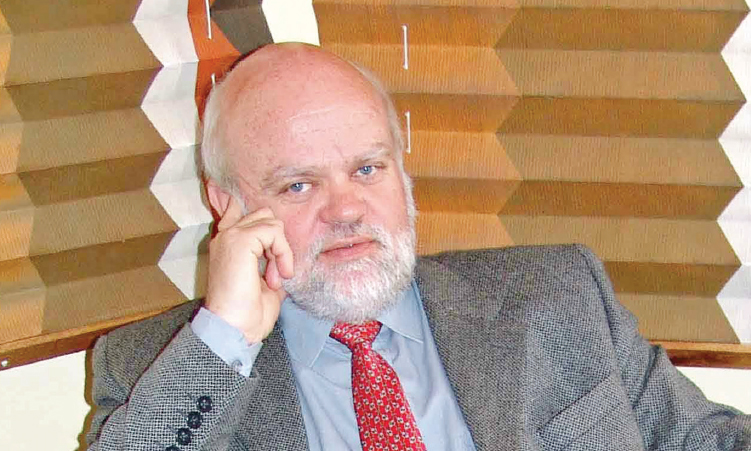Following a battle with Alzheimer’s disease, the teacher-turned-politician, Glenys Kinnock, died aged 79 on 3 December.
Medical experts say the onset of this disease starts slowly and over time progressively causes a decline in memory, learning and organising skills.
She was a member of the European parliament for Wales from 1994 to 2009 and then Kinnock served as Britain’s minister of state for Europe and later as minister for Africa and United Nations relations.
Following the bestowment of honours by Britian’s monarch for services rendered to the nation, in later years she became Baroness Kinnock of Holyhead.
It was only in the late 1990s that I got to know Kinnock as a member of the economic and social committee of the European Union and African Caribbean and Pacific (EU-ACP) group of states.
Serving on the committee as private sector representative with business leaders from EU and ACP countries was an honour for me.
The committee’s composition of politicians and businesses was a tripartite arrangement with trade unionists comprising the third constituent.
The late Morgan Tsvangirai, opposition leader and prime minister in Zimbabwe’s government of national unity from 2009 to 2013, was a trade union representative.
Kinnock and another British politician I encountered then, Charles Henry Plumb, are by my recollection two politicians who championed with dogged determination support for easier access into the EU market for enterprises in African countries.
Before venturing into politics, Plumb gained popularity as leader of Britian’s national farmers union.
Britain’s monarchy also bestowed a peerage on him for national service and Lord Plumb was the only British to ever serve as president of the European parliament.
He died on 15 April 2022 aged 97 and left as a legacy the Henry Plumb Foundation that provides financial backing and support for youngsters with an interest in farming and food production, a bankable idea and lots of enthusiasm.
When Britain withdrew its membership of the EU on 31 January 2020, it exposed divisions among that country’s people that seems to last to this day. It was known as Brexit, a portmanteau coined at the time as shorthand for Britain’s exit.
Economic blocs come in different forms, including preferential trade zones, free trade areas, customs unions, common markets and economic unions.
In some blocs, only trade is facilitated, yet in others, the social and economic partnership goes further to include joint decision making and the sharing of monetary currency.
Full economic integration even results in the free movement of people, goods and capital between countries.
During the negotiations for a successor arrangement to the Lome Convention, Kinnock and Plumb saw the value of a version that not only provides access for developing African economies into the lucrative EU market, but goes further towards tackling social concerns.
Their engagement on social matters was often misconstrued by the leaders of some African states, yet it was abundantly clear that the only agenda Kinnock and Plumb had was not a hidden one.
They had a deep affinity for Africa, its people and the economic well-being of countries on this continent.
It seems the efforts of Kinnock and Plum are often unacknowledged, but then again people have short memories.
- Danny Meyer is reachable at danny@smecompete.com
Stay informed with The Namibian – your source for credible journalism. Get in-depth reporting and opinions for
only N$85 a month. Invest in journalism, invest in democracy –
Subscribe Now!






